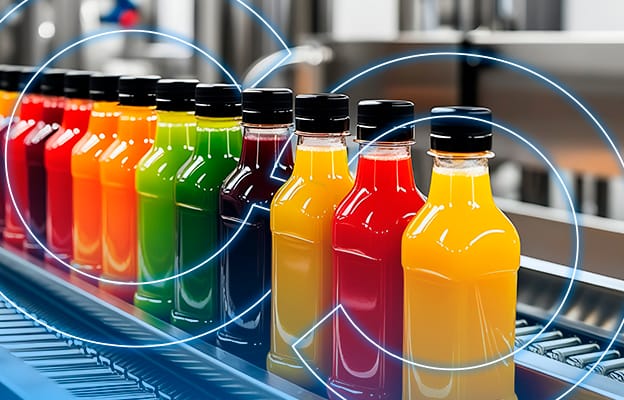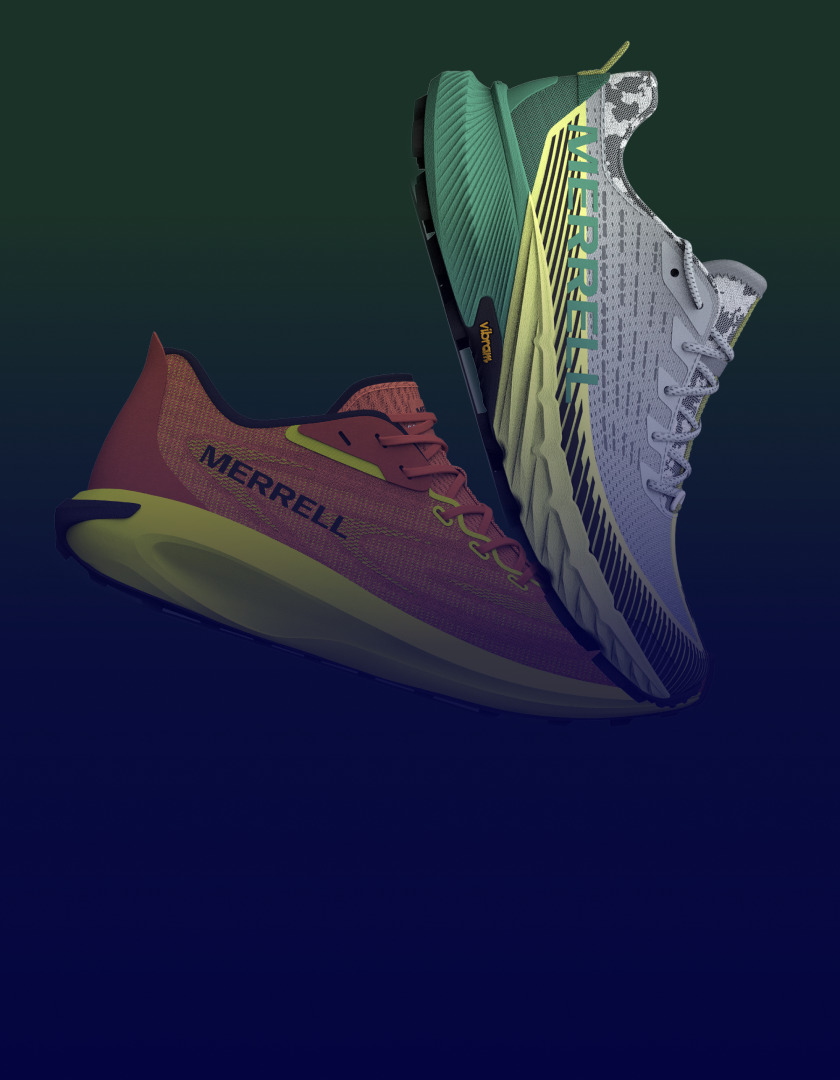Private Label vs. White Label Goods: What’s the Difference?

Today’s consumers have more brands and products to compare than ever before. In some industries, like food and beverage or cosmetics and personal care, private label and white label goods make up an increasingly large portion of overall sales.
According to analyst firm Alvarez & Marsal, private label grocery products make up 20% of all grocery sales and that’s expected to rise to nearly a quarter by 2030. The total market size of private label packaged grocery goods was more than $393 billion in 2023, reported Grand View Research.
Similarly, private labeled goods in other industries, like cosmetics and personal care, or fashion and apparel, are also driving billion-dollar markets on the rise. According to a 2024 McKinsey survey, 92% of surveyed consumers said they planned to buy private label goods within the year.
Private label and white label goods are both transforming how brands deliver value to their customers. The two labels are similar in concept, but have differences that brands, retailers and manufacturers should know.
While both approaches enable businesses to leverage third-party production to meet market demands, they serve different strategic purposes and offer unique opportunities for growth.
In this article, we’ll review the similarities and differences in private label and white label goods and help determine which application might be best for your company.
What Are Private Label and White Label Products?
Private label and white label products are two distinct business models that allow brands to offer high-quality goods without owning the manufacturing process.
While they share similarities, their differences lie in customization, exclusivity and target industries. Understanding these distinctions is critical for brands navigating competitive markets like food and beverage or cosmetics and personal care.
Private label products are designed exclusively for a specific retailer or brand. The company commissioning the product has significant control over its specifications, branding and packaging.
This approach is common in the food and beverage industry, where brands want to differentiate themselves with unique offerings tailored to their audience. For example, a grocery chain may launch an organic snack line that reflects its commitment to sustainability and quality.
These products are entirely exclusive, meaning no other retailer can sell them under their branding.
Key characteristics of private label products include:
- Full customization: The retailer controls every aspect of the product, from ingredients to packaging design.
- Exclusivity: The product is only available under the retailer’s brand.
- Targeted branding: Products align closely with the retailer’s values and customer base.
White label products, on the other hand, are pre-made goods manufactured by a third party and sold to multiple retailers who rebrand them as their own.
This model is common in the cosmetics and personal care industry, where speed-to-market is crucial. A beauty brand might source white label skincare products like serums or moisturizers and apply their branding.
While the formulation remains consistent across different brands, the packaging and logos distinguish one retailer’s version from another.
Key characteristics of white label products include:
- Limited customization: Retailers can alter branding but not product formulations.
- Faster time-to-market: Products are ready-made, reducing development time.
- Shared formulations: Multiple retailers can sell the same base product under different names.
In the food and beverage space, private label allows for tailored, exclusive offerings that build customer loyalty. In beauty and personal care, white label enable rapid expansion into trendy markets without extensive R&D investment.
Both models have their place in modern retail strategies, offering unique paths to success depending on a brand’s goals and industry demands.
Differences Between Private Label and White Label
Private label and white label products offer unique opportunities for brands, but their differences lie in customization, exclusivity and speed-to-market.
Understanding these distinctions is essential for brands in industries like food and beverage and cosmetics and personal care.
Customization
Private label products are tailored specifically to the retailer’s requirements, offering full control over ingredients, design and branding.
For food and beverage companies, this means creating a product that reflects their unique values—such as organic ingredients, local sourcing, or a specific flavor profile. White label products, on the other hand, provide limited customization.
Beauty brands often source pre-formulated skincare or haircare products and rebrand them. While packaging and marketing can be customized, the base product remains the same across multiple retailers.
Exclusivity
Private label goods are exclusive to the retailer that commissions them, offering a distinct competitive edge. A private label coffee brand, for instance, ensures that no other retailer offers the same blend or branding.
In contrast, white label products are shared among multiple retailers, creating competition between brands selling similar formulations. This can be a disadvantage for white label users looking to stand out in saturated markets.
Time-to-market
Pre-formulated beauty products can hit the shelves quickly, allowing brands to respond rapidly to trends like clean beauty or vegan formulations.
Private label products, however, require more time for development and testing, especially in the food and beverage industry, where product safety and flavor consistency are critical.
Cost considerations
Private label requires investment in product development, making it ideal for brands with a clear vision and resources to execute it.
White label offers a cost-effective alternative for businesses looking to expand product lines without high upfront costs.
To summarize, the main differentiators between the two concepts include:
- Private Label: High customization, exclusive products, longer development times, greater brand differentiation.
- White Label: Limited customization, shared formulations, faster time-to-market, cost-effective for scaling quickly.
For food and beverage companies, private label provides an opportunity to build brand loyalty through tailored products. For cosmetics and personal care, white label enables fast entry into high-demand markets.
Choosing the right model depends on your business goals, industry dynamics and the needs of your customers.
Choosing Private Label and White Label Products
Choosing between private label and white label depends on your business goals, industry demands and the level of control you need over your products. Each model offers distinct advantages, so understanding your priorities is key.
For food and beverage brands, private label is ideal if you want to create exclusive, differentiated products.
This model allows you to tailor every aspect, from sourcing organic ingredients to designing packaging that aligns with your brand values. If building customer loyalty and standing out in a crowded market are your priorities, private label offers the control and customization necessary to achieve those goals.
In the cosmetics and personal care industry, white label is a practical choice for brands looking to expand quickly or capitalize on emerging trends.
Pre-formulated products like serums or lotions allow you to enter the market faster without significant R&D investment. This is particularly beneficial if your focus is on scaling operations or launching seasonal or trend-driven collections.
To figure out what processes will best suit your business, consider the following questions:
- Customization Needs: Do you need full control (private label) or prefer ready-made solutions (white label)?
- Time-to-Market: Is speed critical to capitalize on trends?
- Budget: Can you afford the higher upfront costs of private label, or is the lower cost of white label more suitable?
- Brand Goals: Are you aiming for exclusivity or market presence?
Ultimately, the choice between private label and white label should align with your brand’s strategic vision, target audience and operational capabilities.
Challenges of Private Label and White Label
While private label and white label strategies open doors to growth and innovation, they come with unique challenges that brands must navigate carefully.
For private label products in food and beverage, the most significant challenge is managing costs and ensuring quality. Customization requires investment in product development, sourcing and packaging.
Securing exclusive ingredients or maintaining organic certifications can strain budgets, especially for smaller brands. Additionally, the extended time-to-market for private label goods can be a hurdle in fast-moving markets where agility is critical.
Other challenges for private label include:
- Supply chain complexities: Managing ethical sourcing, sustainability and reliable supplier relationships can be time-intensive.
- Market risks: Exclusive products must resonate with consumers to justify the higher costs of production.
For white label products in cosmetics and personal care, lack of differentiation is a common challenge.
Because multiple brands sell similar formulations, standing out in a competitive market often depends solely on marketing and branding. Another issue is dependency on the manufacturer for product quality and availability, which limits control over consistency.
Other challenges for white label include:
- Limited customization: Branding alone may not fully align the product with your company’s vision.
- Scalability risks: If demand increases, ensuring steady supply can be challenging.
To overcome these challenges, businesses must balance speed, cost and customization with market demands.
Strategic partnerships with reliable manufacturers and leveraging technology for supply chain transparency are key to mitigating risks in both models.
Streamline Private Label or White Label Success with Centric
Whether you’re developing exclusive food and beverage lines or launching ready-to-market cosmetics, success lies in managing the complexities of customization, supply chain transparency and speed-to-market.
With Centric Software®, brands, retailers and manufacturers can streamline every stage of the product lifecycle. From concept to production, Centric PLM simplifies collaboration with suppliers, ensures compliance with industry standards and accelerates time-to-market—all while reducing waste and improving margins.
With real-time data sharing, seamless collaboration and a centralized platform, Centric offers your teams the opportunity to create better products that are more targeted to your ideal customer.








